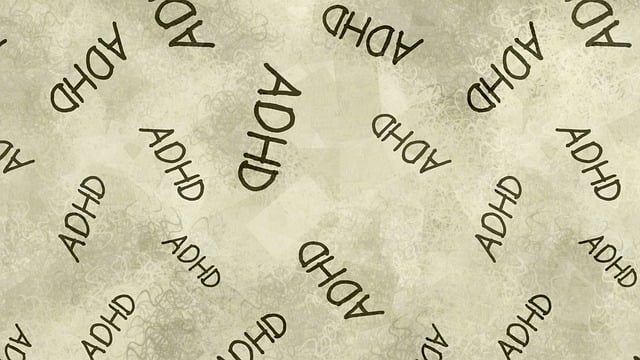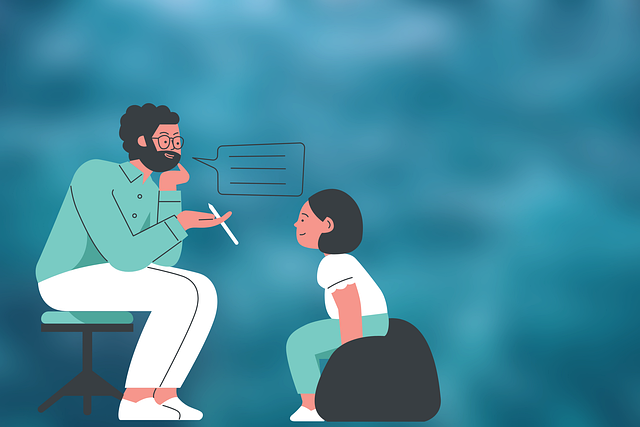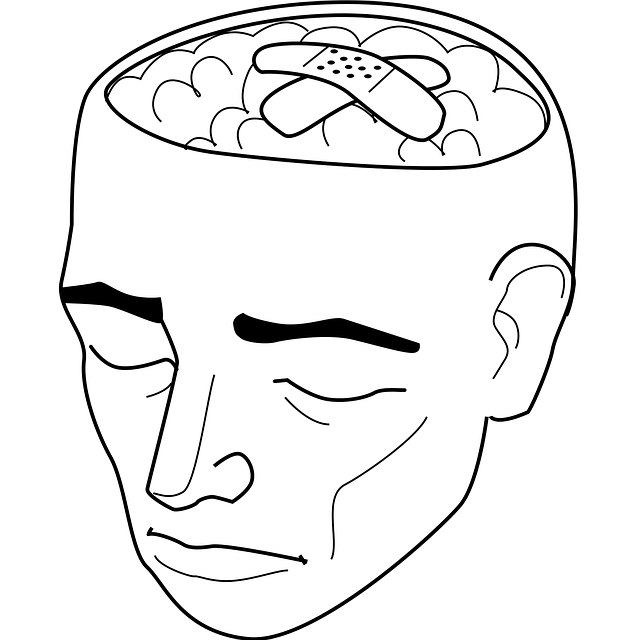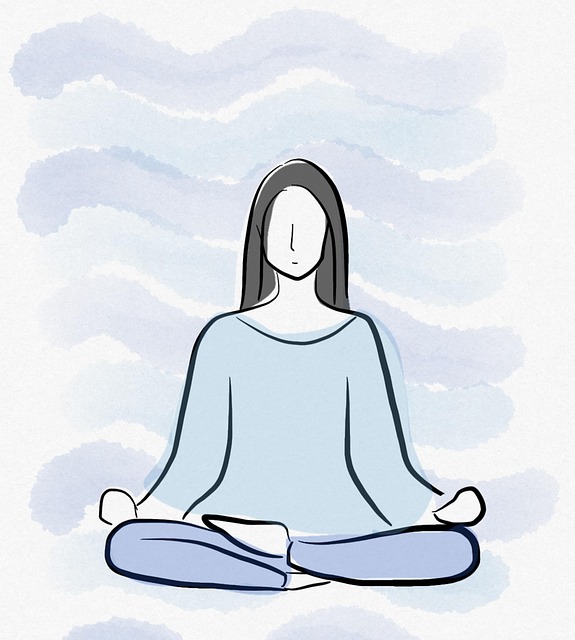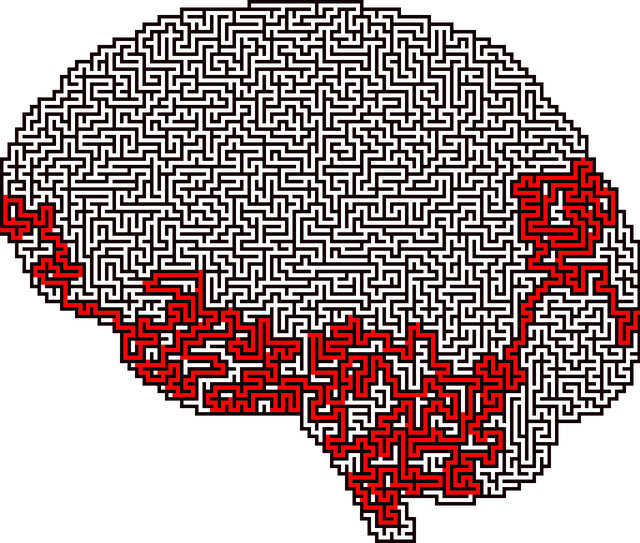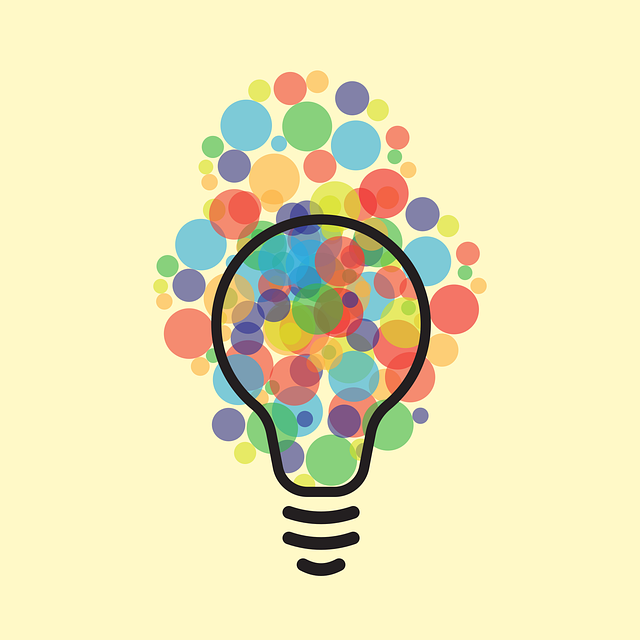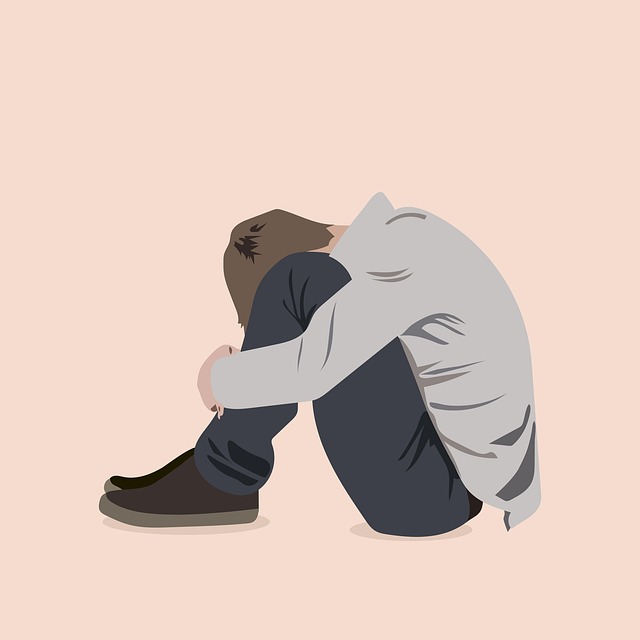Golden Panic Disorder (GPD) and anxiety attacks are debilitating mental health conditions that significantly impact daily life. Therapy, including CBT, mindfulness-based therapies, and social skills training, is vital for management. Self-care practices like mindfulness meditation, exercise, journaling, and social connections are powerful tools to reduce anxiety and improve well-being, especially for GAD and panic disorder patients. Cognitive-behavioral therapy (CBT) and techniques fostering gratitude, self-compassion, and conflict resolution aid in overcoming anxiety. Relaxation activities complement traditional therapies for GPD and anxiety attacks, promoting mental wellness. Mental illness stigma reduction efforts are crucial for supportive environments, enhancing recovery for these conditions.
“Unwind, reconnect, and reclaim your mental wellness with our comprehensive guide. Discover how understanding Golden Panic Disorder and Anxiety Attacks can empower you to take charge of your mental health effectively. Learn why self-care is not a luxury but a vital tool for managing stress and anxiety. Explore practical tips for building a personalized routine, including strategies to overcome anxiety attacks through mindful practices. Equip yourself with the knowledge to thrive, using Golden Panic Disorder therapy techniques for lasting wellness.”
- Understanding Golden Panic Disorder and Anxiety Attacks
- The Importance of Self-Care in Managing Mental Health
- Building a Personalized Self-Care Routine
- Effective Strategies for Overcoming Anxiety and Maintaining Wellness
Understanding Golden Panic Disorder and Anxiety Attacks

Golden Panic Disorder (GPD) and Anxiety Attacks are prevalent mental health challenges that can significantly impact an individual’s daily life and overall well-being. GPD is characterized by sudden, intense panic episodes, often accompanied by physical symptoms like rapid heartbeat, sweating, and a feeling of impending doom. These attacks can be overwhelming and may leave individuals feeling vulnerable and anxious about future occurrences. Anxiety attacks, a component of many mental health disorders, present as moments of intense fear or discomfort, which peak within minutes. They are not just fleeting worries but profound experiences that can disrupt one’s ability to function normally.
Therapy plays a pivotal role in managing both GPD and anxiety attacks. Cognitive Behavioral Therapy (CBT), for instance, is an effective approach that helps individuals identify and change unhelpful thought patterns contributing to their anxiety. Through structured sessions, CBT equips people with coping strategies to navigate these intense moments. Additionally, Mindfulness-Based Therapies teach present-moment awareness, helping to calm the mind and reduce the impact of anxious thoughts. Social Skills Training, a component of many Mental Wellness Podcast Series Production, can also foster support networks, further enhancing recovery efforts. Meanwhile, Mental Illness Stigma Reduction Efforts contribute to creating understanding environments, crucial for individuals navigating these disorders.
The Importance of Self-Care in Managing Mental Health

In today’s fast-paced world, where stress and pressure are ever-present, prioritizing self-care is not a luxury but a necessity for maintaining mental wellness. For individuals dealing with conditions like Generalized Anxiety Disorder (GAD) and Panic Attacks, incorporating effective self-care practices into daily routines can be transformative in therapy. The concept of self-care involves intentional activities that nurture one’s physical, emotional, and psychological well-being. It serves as a powerful tool to manage symptoms, enhance coping mechanisms, and foster resilience against mental health challenges.
By dedicating time for self-care, individuals can engage in emotional healing processes, promote self-esteem improvement, and gain a deeper understanding of their mental health through education programs designed with these specific needs in mind. Regular practices such as mindfulness meditation, exercise, journaling, or connecting with loved ones can significantly reduce anxiety levels, improve mood, and overall enhance the quality of life. Thus, recognizing and practicing self-care is an integral part of managing mental health conditions like GAD and Panic Disorder, ensuring individuals feel equipped to navigate their emotional landscapes effectively.
Building a Personalized Self-Care Routine

Developing a personalized self-care routine is an empowering step for anyone managing mental health challenges, especially those with conditions like Generalized Anxiety Disorder (GAD) and Panic Attacks. It’s a tailored approach to navigating one’s unique emotional landscape, offering much-needed respite from symptoms that can be debilitating. This process involves introspection and identifying activities that bring comfort and restore balance.
Self-care isn’t a luxury but a necessary tool for mental illness stigma reduction efforts. By incorporating practices like mindfulness meditation, journaling, or engaging in creative pursuits, individuals can build inner strength development and resilience. It’s about recognizing the value of time dedicated to oneself, ensuring one’s well-being isn’t an afterthought. Through consistent practice, these rituals become powerful therapy aids, complementing traditional treatments for GAD and anxiety attacks.
Effective Strategies for Overcoming Anxiety and Maintaining Wellness

Overcoming anxiety and maintaining mental wellness go hand in hand. For individuals dealing with conditions like Generalized Anxiety Disorder (GAD) or experiencing panic attacks, integrating effective strategies into daily routines is vital. One powerful tool is therapy, particularly cognitive-behavioral therapy (CBT), which has proven success in managing anxiety symptoms. CBT helps individuals identify and challenge negative thought patterns, replacing them with more positive and realistic ones. This process empowers people to effectively manage their anxiety and prevent panic attacks.
In addition to therapy, cultivating positive thinking and learning conflict resolution techniques contribute significantly to wellness. Encouraging a mindset focused on gratitude and self-compassion can reduce anxious thoughts. Conflict resolution training equips individuals with healthy coping mechanisms for stressful situations, fostering better mental resilience. Moreover, engaging in activities that promote relaxation, such as mindfulness practices or yoga, creates a sense of calm and balance, playing a crucial role in managing anxiety disorders effectively.
Developing a mental wellness self-care routine, tailored to address specific needs, is a powerful tool in managing conditions like Golden Panic Disorder and Anxiety Attacks. By incorporating personalized strategies from therapy sessions and adopting healthy habits, individuals can effectively overcome anxiety, enhance their resilience, and achieve long-term wellness. Remember, self-care is not just a luxury but an essential aspect of mental health maintenance.
